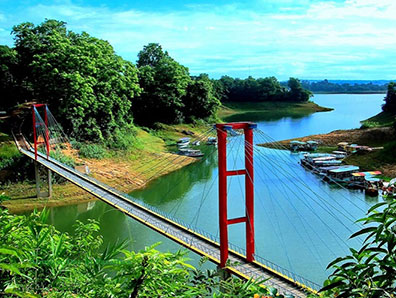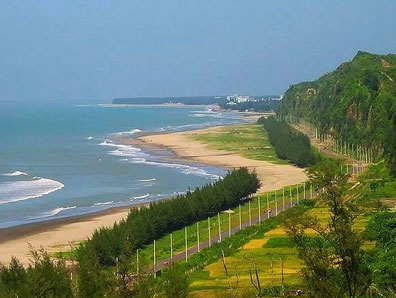Iraq is a country located in Western Asia and it is bordered by Turkey to the north, Iran to the east, Kuwait to the southeast, Saudi Arabia to the south, Jordan to the southwest, and Syria to the west. The capital and largest city is Baghdad. Iraq has a diverse population and a long history dating back to ancient Mesopotamia. The country has been ruled by various empires and governments throughout history, including the Ottoman Empire, the British Empire, and most recently, a republic established after the overthrow of Saddam Hussein in 2003. Iraq has a population of around 38 million people, with Arab, Kurdish, Turkmen, and Assyrian groups being the largest ethnic groups. The country has a mix of Sunni and Shia Muslims, as well as small Christian and Yazidi minorities. The government is a federal parliamentary constitutional republic. The economy is heavily dependent on oil, which is one of the main sources of revenue. However, the country also has a growing agricultural and manufacturing sector. Iraq has a rich cultural heritage and is home to several historical and religious sites.
The economy of Iraq is heavily dependent on its oil reserves, which are among the largest in the world. Oil exports account for the majority of government revenue and foreign currency earnings. However, due to conflicts, political instability, and a lack of investment in infrastructure, the non-oil sector of the economy has not been able to fully develop. Agriculture, manufacturing, and services sectors are underdeveloped, and unemployment remains high.
The government has attempted to diversify the economy and attract foreign investment, but progress has been slow. The country has also faced challenges in terms of corruption, a lack of transparency, and bureaucratic obstacles.
The Iraq War, the subsequent insurgency and civil war, and the fight against the Islamic State have had a devastating effect on the country's economy and infrastructure. The reconstruction efforts have been slow and hindered by a lack of funding and security challenges.
The country has been facing political and economic instability since the fall of Saddam Hussein's regime in 2003, due to ongoing violence and insurgency, as well as the lack of basic services and infrastructure. The government has been trying to improve the situation by enacting economic reforms and addressing corruption, but progress has been slow.
The government of Iraq is also trying to develop its natural resources, including oil, gas and minerals, to drive economic growth and improve the standard of living of its citizens.


